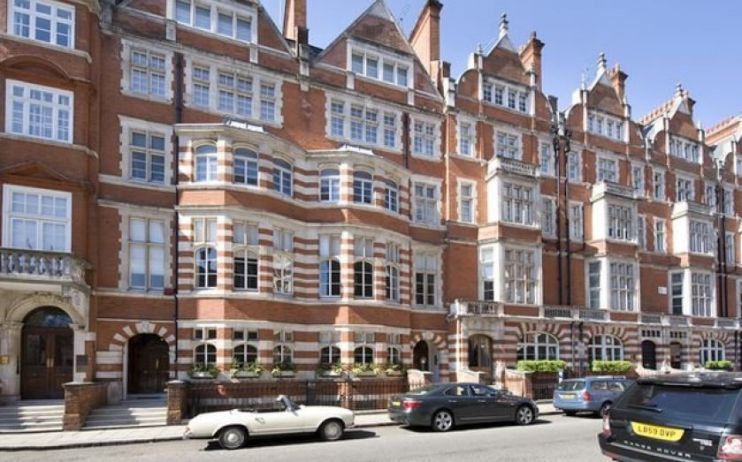London life: Why even the wealthy are paying more, as cost of renting in hot spots soars

The wealthy are not immune to the capital’s strained housing market with rent in prime London locations including Chelsea and Mayfair rising 50 per cent in just two years due to a lack of supply.
The average rent of premier London pads grew by 50 per cent in the 24 months to April, according to new data by estate agents Knight Frank.
Even tenants who looked to move to the slightly more affordable prime outer London regions such as Clapham and Battersea saw rent increase by 41 per cent, as workers returning to the City post Covid-19 increased demand for homes in London.
Rightmove’s rental price tracker data found there were 42 per cent fewer new lettings listings in the two years to April than the previous 24 months across both markets.
“Simply put, strong demand as the economy re-opened was not matched by supply,” Tom Bill, head of UK residential research at Knight Frank, said.
“A number of landlords took advantage of a robust sales market during the pandemic and left a sector that had become more financially punitive for them in recent years,” he added.
Last month figures from the Office for National Statistics found private renters in London were faced with the highest costs since 2012 as a sparse and competitive market send the cost of homes in the capital to new highs.
Landlords in the capital increased rent by 4.8 per cent in the 12 months to March 2023, up from an increase of 4.6 per cent in the 12 months to February 2023; the average monthly London rent paid was over £900 a month as desperate renters battle over fewer properties
London: housing is next ‘election battleground
However, Knight Frank has said that the supply/demand imbalance is improving slowly, as market confidence returns following the fall out from September’s mini budget, with annual growth down from a high of more than 20 per cent in both markets a year ago.
New lettings listings in prime central London and prime outer London were 2.3 per cent higher in the six months to April compared to the equivalent period a year ago.
Bill said: “Over the last four years, the UK property market has lived through a general election, a global pandemic, a stamp duty holiday and the mini-Budget. We have become used to melodrama and the next convulsion could be around the corner.”
“As the general election moves closer, housing is likely to remain a key area of concern for voters. Rent controls is one policy that has been floated as a way of easing the pressure on tenants.
He added: “However, the unintended negative consequences are likely to multiply if the example of other countries is any guide and more landlords leave the sector. It is perhaps why the Labour party appeared to back away from the idea of rent controls last month.”